In this episode of The Science of Excellence, I sat down with Jessica Lindl, Author of The Career Game Loop.
Jessica brings her experience from both education technology and gaming industries to reshape how we think about career development. We talked about her Career Game Loop framework and how gaming principles can transform career planning.
She offers a new perspective that turns career anxiety into agency and empowerment. Her approach helps professionals navigate today's dynamic work environment where the average tenure at any employer is just four years.
These 6 insights stood out most from our conversation:
- Embracing the Non-Linear Career Path
- The Four-Phase Career Game Loop
- Normalizing Failure as Learning
- The Vital Role of Community in Career Development
- Designing for Emotion, Not Just Metrics
- Creating Conditions for Curiosity
1. Embracing the Non-Linear Career Path
In Jessica's Words: "Our family cultures, our school cultures, even our corporate cultures that we walk into have this assumption that we kind of have this linear career path. The facts are, it's not linear at all. It's incredibly dynamic. On average we're each spending about four years with any given employer, and then moving into jobs and opportunities that haven't even been invented yet as we move through our career."
We're clinging to outdated career models in evolving workplaces. The expectation of climbing a single ladder has been replaced by dynamic, shifting paths. This mismatch creates anxiety when professionals experience career changes.
By acknowledging the non-linear reality of modern careers, we can prepare people for transitions and help them see changes as opportunities rather than failures.
2. The Four-Phase Career Game Loop
In Jessica's Words: "The career game loop has four distinct parts. The first is going on your quest, really figuring out what it is that you wanna do next... The second is leveling up. The third is how do you actually master getting that job... And then finally, after you've been in that role for a few years, you've succeeded, you've made your impact, you're getting curious about something next. How do you actually craft into the next opportunity?"
Jessica's framework transforms career planning into a repeatable game loop with learnable skills. By breaking development into four phases, she provides a mental model professionals can apply throughout their careers.
This approach turns career transitions into familiar territory, helping people recognize patterns and build confidence as they move through multiple career cycles.
3. Normalizing Failure as Learning
In Jessica's Words: "One of the other key things that happens when you frame it as a game is the failure that happens constantly in games, which is really just learning, as we all know, is normalized. So you don't have as much of this trigger response and then this fight or flight of, 'Oh my God, I'm failing. I must not be meant for this career or this direction. I could never do this.'"
The game mindset changes how we perceive career setbacks. While traditional thinking treats failures as evidence of inadequacy, gaming normalizes failure as part of progress. By reframing struggles as learning opportunities rather than personal deficiencies, professionals can build resilience, approaching challenges with a growth mindset. This shift is critical in today's work environment where experimentation is increasingly necessary.
4. The Vital Role of Community in Career Development
In Jessica's Words: "Social capital is the primary way we get opportunity. Unfortunately, the less you earn, the less you rely on your professional network and social capital. It's again, not a learned or understood asset of how to cultivate it and how to keep it and grow it throughout your career."
Relationship-building is fundamental to career development. Jessica draws parallels between connections in multiplayer games and professional networks that unlock opportunities. Many professionals, especially those from less advantaged backgrounds, aren't taught how to build these connections.
Organizations need to create structures that democratize access to relationship-building, ensuring career advancement isn't limited to those who already understand these unwritten rules.
5. Designing for Emotion, Not Just Metrics
In Jessica's Words: "The way I break down great game design versus gamification: Gamification is almost like the features that surround a game without the game. Like they forgot to design the game, but they still have the leaderboards and the points and all the extrinsic factors that sort of track your behavior and experiences within the game. But they forgot to design the game."
Many career development programs fall into the gamification trap - adding badges or points without addressing the emotional experience. True engagement comes from designing for emotional responses and intrinsic motivation.
This insight challenges L&D professionals to move beyond surface-level gamification toward experience design that considers how learning feels. Creating meaningful experiences requires understanding what motivates individuals and designing pathways that engage them at a human level.
6. Creating Conditions for Curiosity
In Jessica's Words: "I think when you as a leader sketch a problem that invites in collaboration as opposed to proselytizing the answer and saying only you have the answer and everyone should follow, is what really encourages and more deeply engages people into that type of direction."
Leaders who present all the answers shut down the curiosity that drives engagement and growth. By constructing problems rather than solutions, leaders create space for teams to develop through exploration.
This approach reflects gaming principles where joy comes from solving problems, not following instructions. For organizations, this means rethinking how we frame work challenges, leading with compelling problems rather than prescribed paths. Effective learning environments balance structure with the freedom to discover solutions.
Until next time,
Vince




.png)

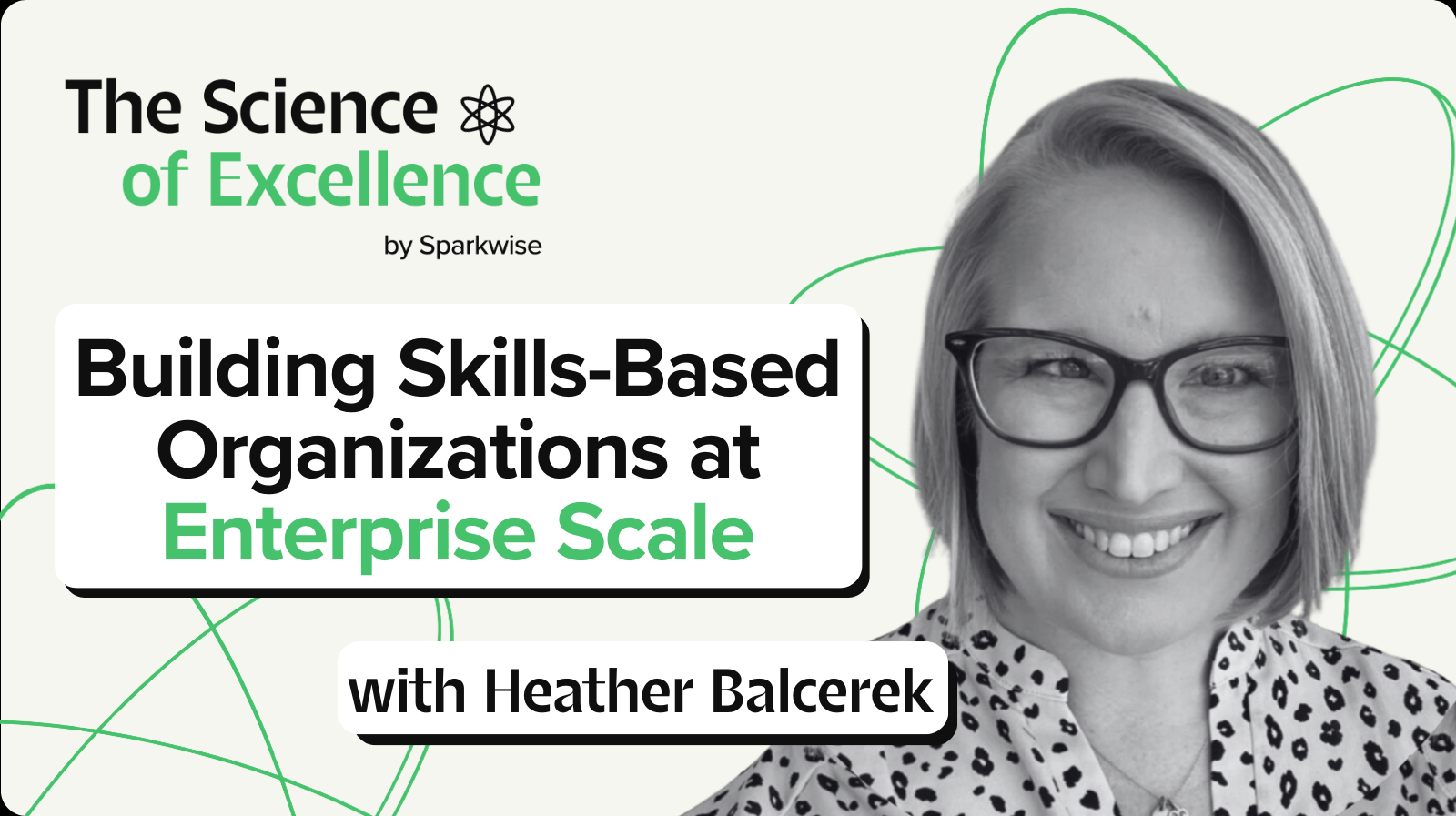
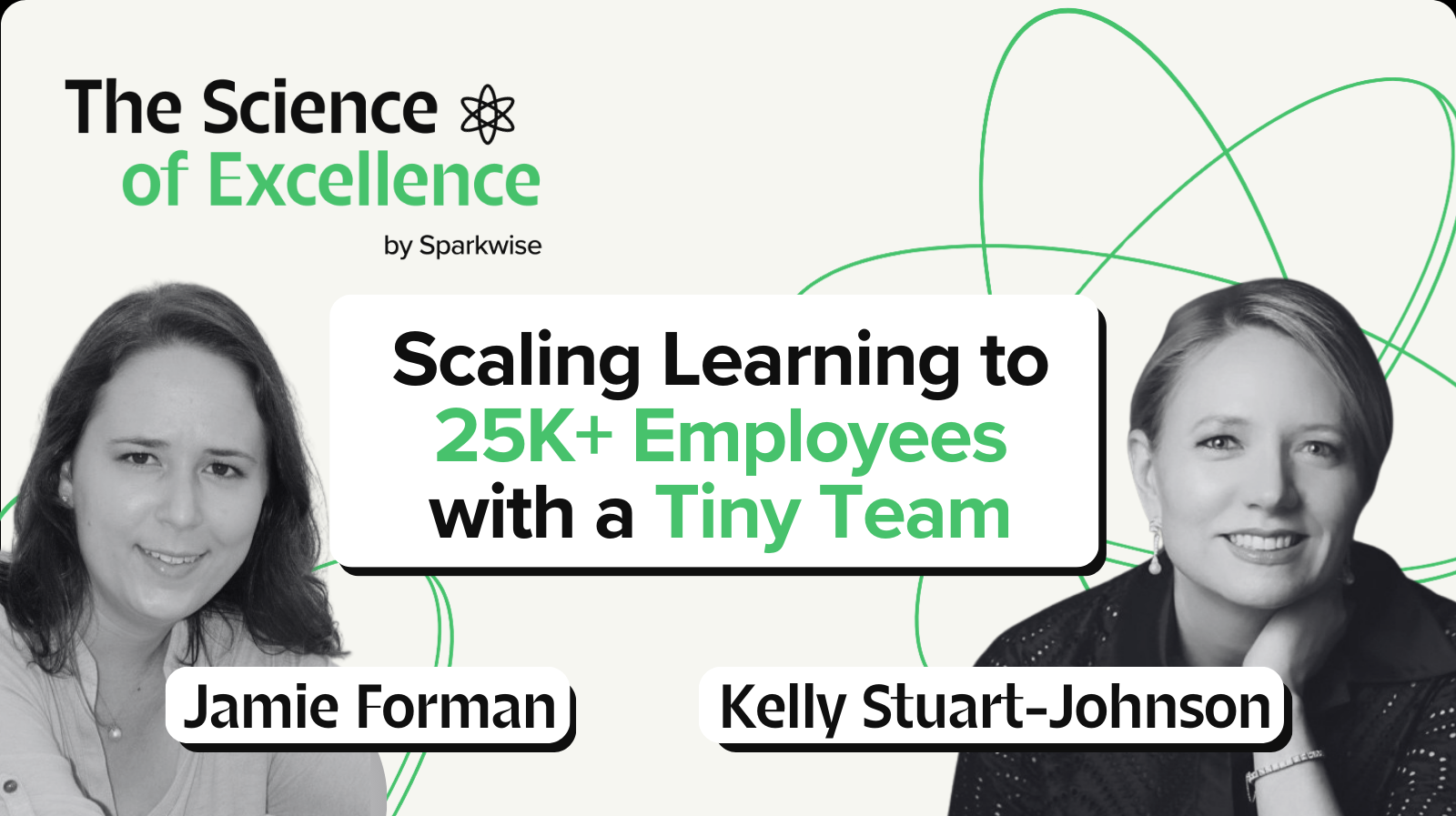
.png)
.png)
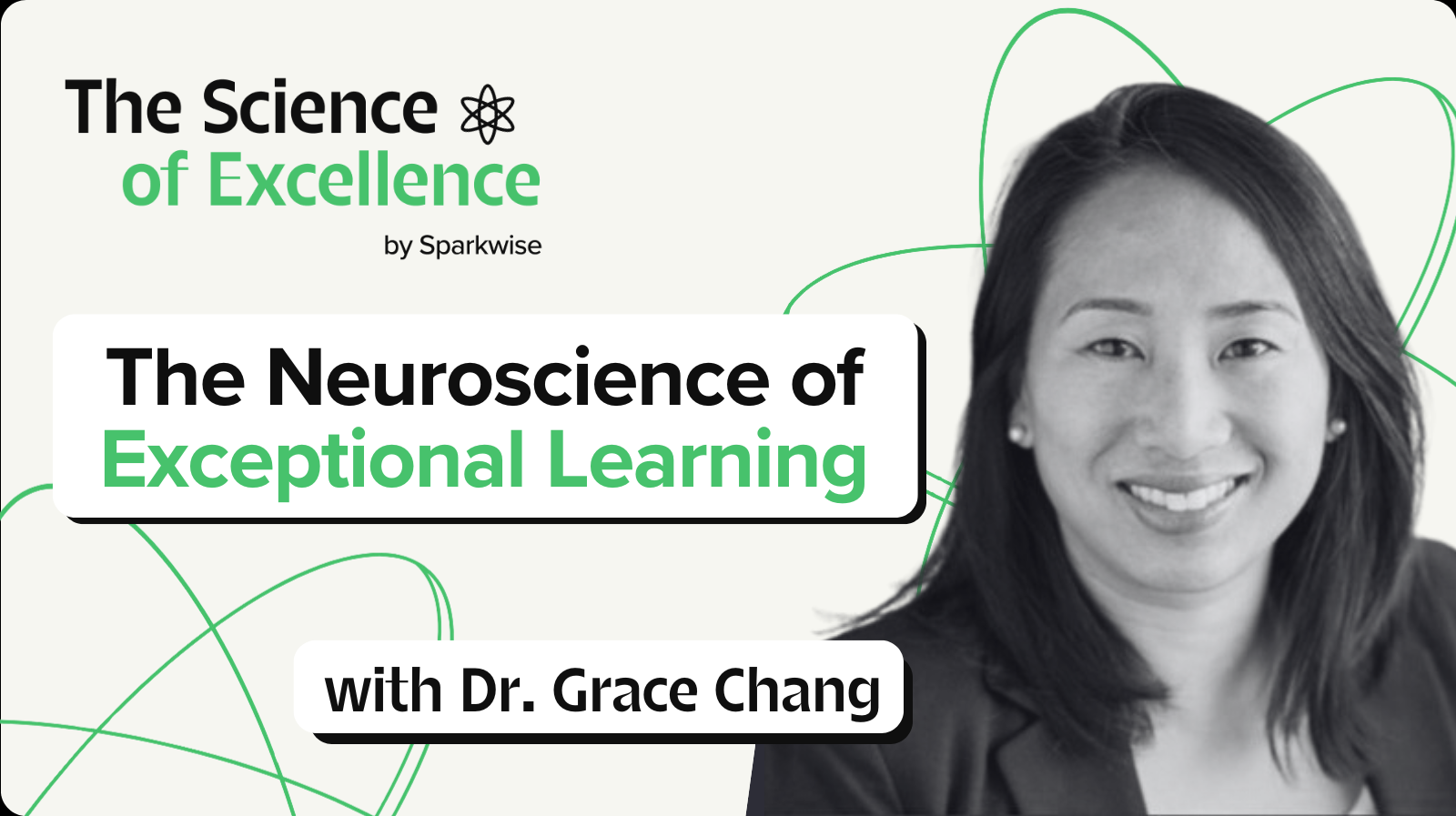
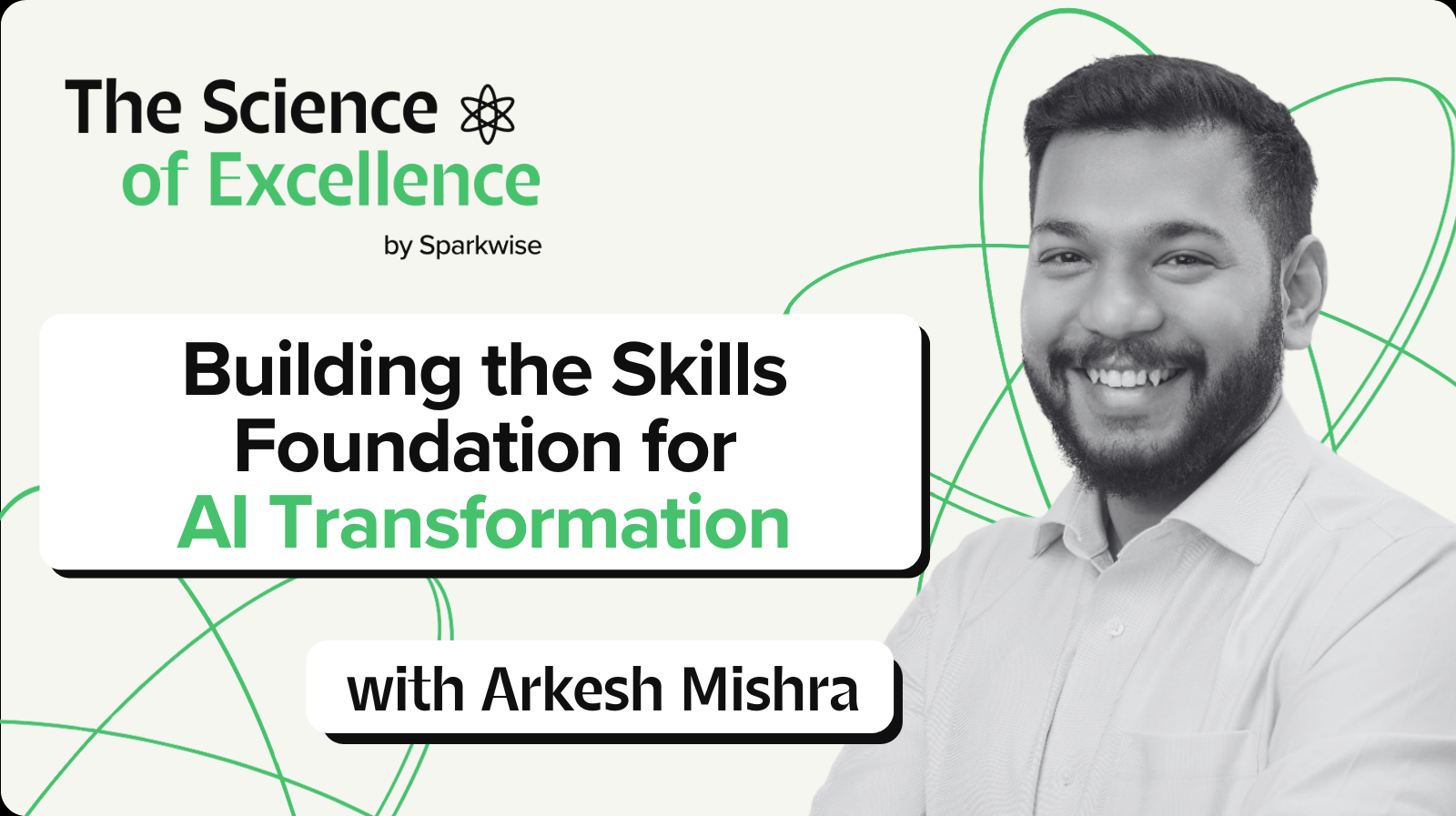

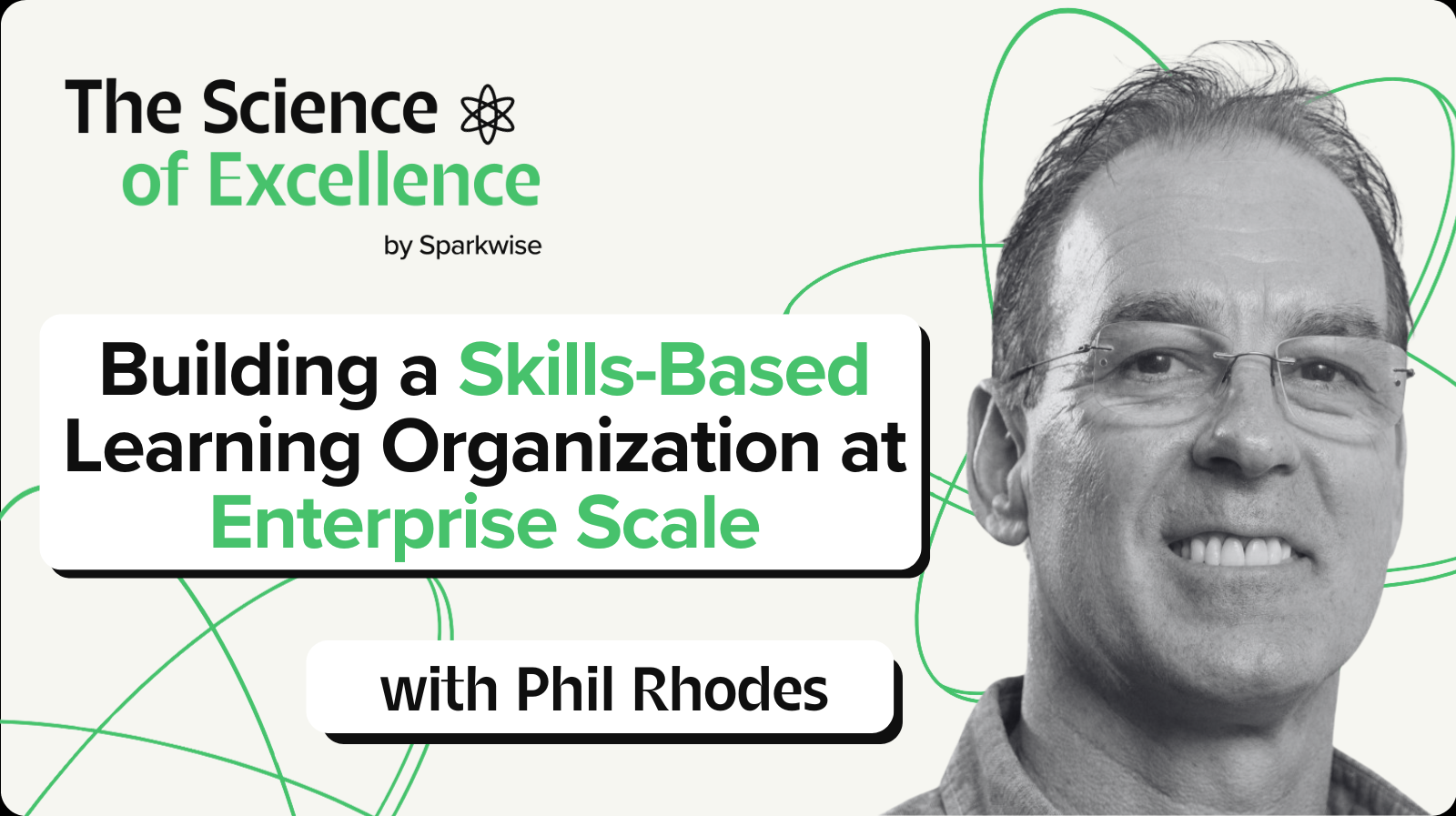
.png)
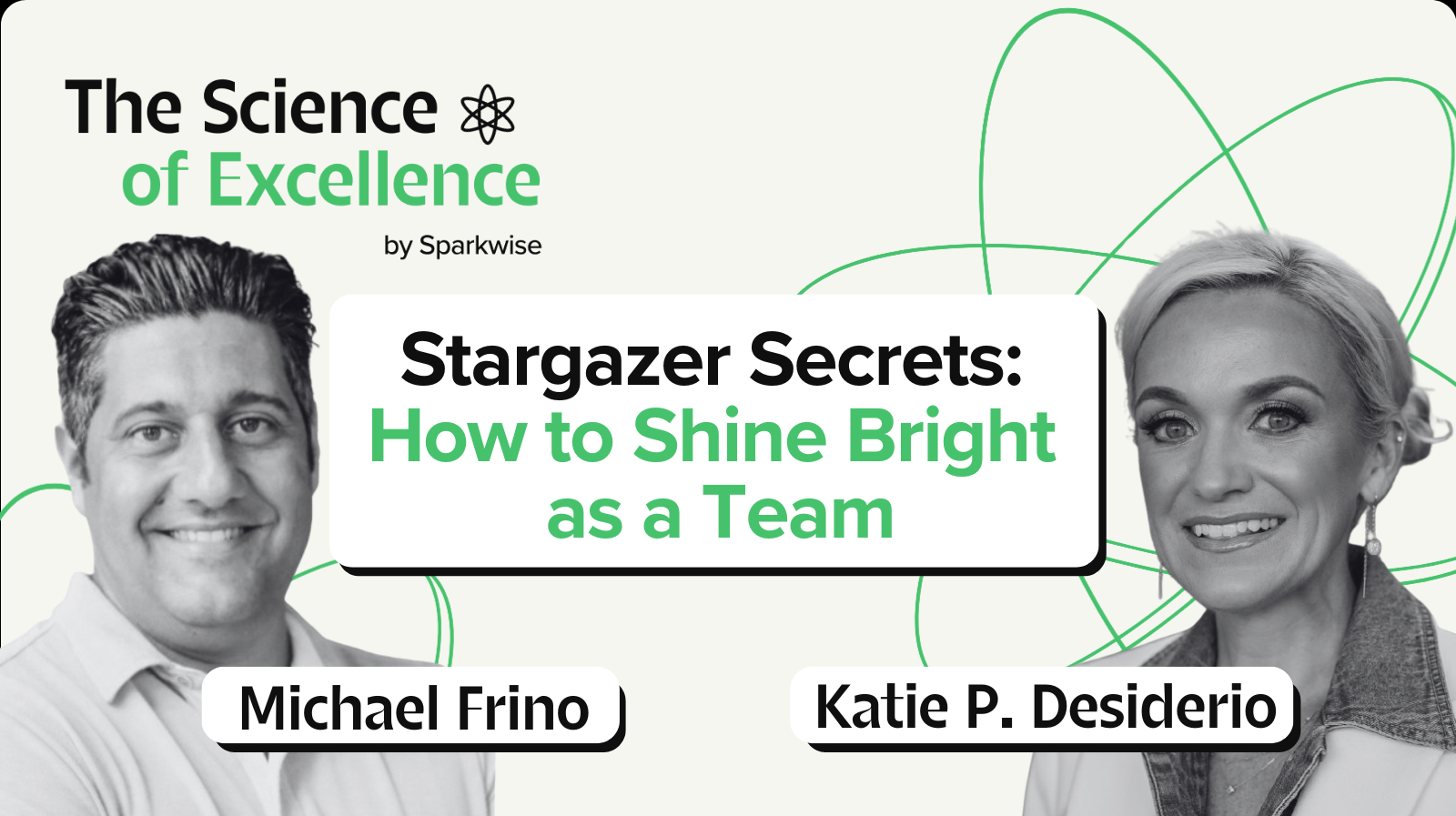
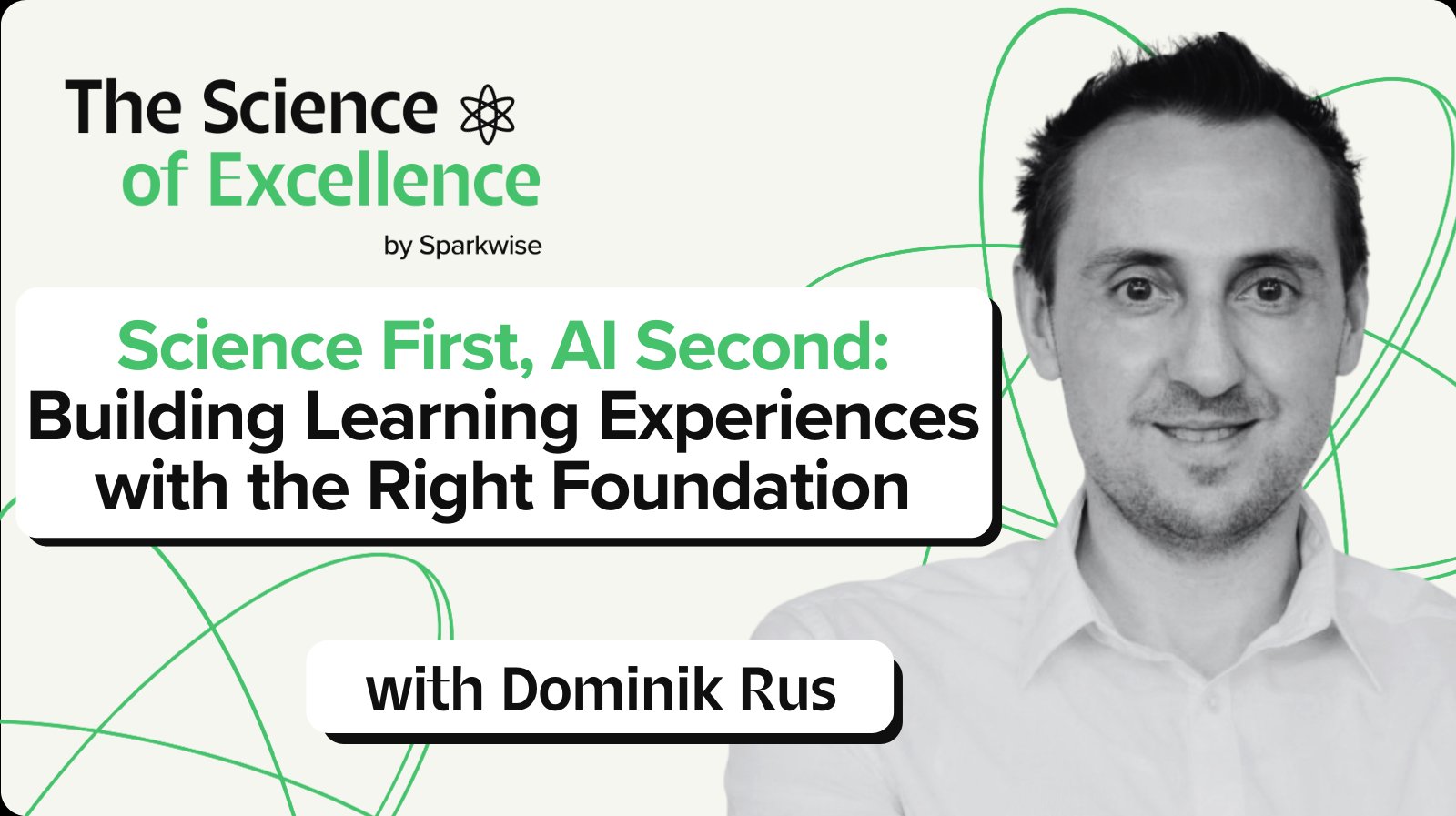
.png)
.png)








.png)












.png)